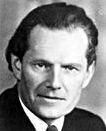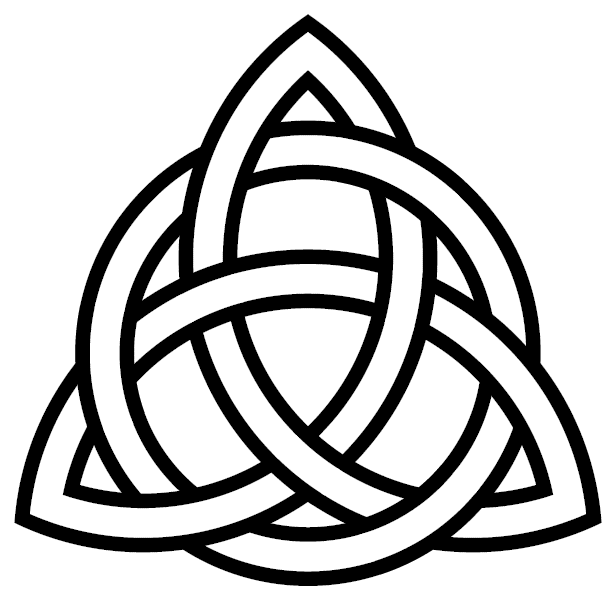 |
||||||||||||||||||||||||||||||
|
|
||||||||||||||||||||||||||||||
|
|
|
|
There is a philosophical link to Calmeyer’s Righteous status, in the Hindu concepts of Righteousness, summarized as Dharma: |
|
The ideology of the Hindu Revolution is essentially popular, nationalist and Hindu revivalist. It may also be characterised as traditional to the extent that it opposes aspects of modernity that are regarded as detrimental to the interests of the Indians or incompatible with Hindu culture and civilisation. In economic terms this has given rise to what has been described by some as "patriotic capitalism" as encapsulated in the 1990s Bharatiya Janata Party (BJP) slogan "Computer chips, yes; potato chips, no". The principal sources of Hindu revolutionary ideology are the writings of leading figures such as Shri Aurobindo Ghose, Veer Savarkar, Guruji Golwalkar and, in particular, Lokmanya Bal Gangadhar Tilak (1856-1920) who is regarded as the Father of India's Revolution. The fundamental concept of this ideology is Dharma (righteousness or virtuousness). It is traditionally defined as the all-supporting law of the universe which God established at the beginning of time for the benefit of the world and as a guide to right action; and which is followed by the learned and assented to in their heart by the virtuous. Dharma is seen as the sum total of spiritual, moral and social laws that bind man to his fellow men and to God, ensuring thereby the harmonious and efficient functioning of human society. The revolutionary implication drawn from this is that when society becomes dysfunctional as a result of a decline in righteousness (Dharma) and a rise in unrighteousness (Adharma) it is necessary to restore the rule of righteousness as a means of rendering society functional again. The interpretation of history as a conflict between the forces of righteousness (Dharma) and their opposite (Adharma) leads on to the concept of struggle for the restoration of righteousness (Dharma Yuddha) as a moral and religious obligation incumbent upon all faithful and patriotic Hindus. The period of Indian history prior to Western domination is regarded as a golden age which is sought to be restored by a return to the rule of righteousness (Dharma). Scriptural passages such as Bhagavadgita 4.7-8 are seen as a divine promise in respect of restoration of the rule of Dharma] and adduced in support of the concept of Dharma Yuddha or revolutionary effort. In political terms the ultimate aim of the Revolution is the establishment of a Hindu State (Hindi: Hindu Rajya) as already formulated by Lokmanya Bal Gangadhar Tilak in the early 1900s (see also Savarkar, V. D., Hindu Rashtra-Darshan, 1949.) or what Mahatma Gandhi referred to as Ram Rajya (literally, Kingdom of God on earth), in emulation of the example set by divine avatars such as Krishna and Rama. It is to be noted, however, that mainstream Hindu revolutionary ideology does not interpret this Hindu State as a theocracy, but as an ideal society characterised by adherence to universal values of virtue, harmony and justice, or what is termed "Innate Law". Consequently, a Hindu State is not defined as a theocratic state but as a Righteous State (Dharma Rajya) i.e., a state governed according to the universal principle of righteousness or Dharma. |
 |
||||||||||
|
|
||||||||||
